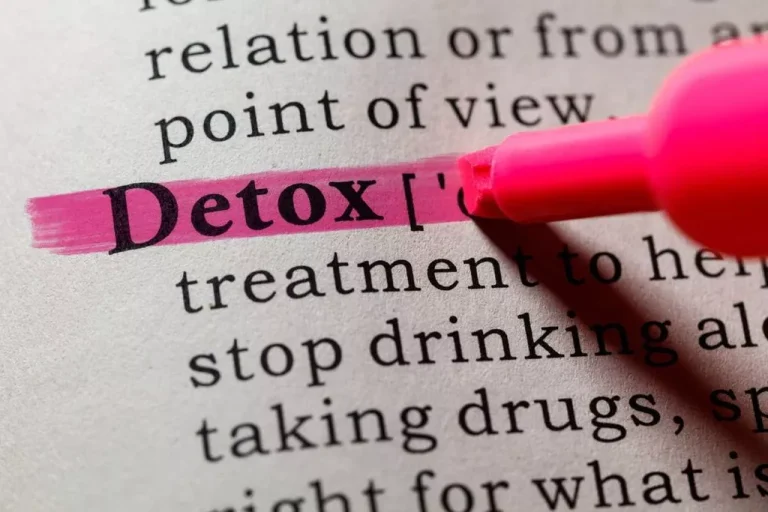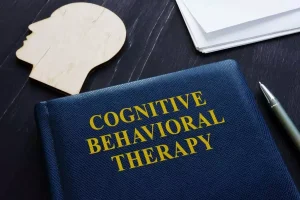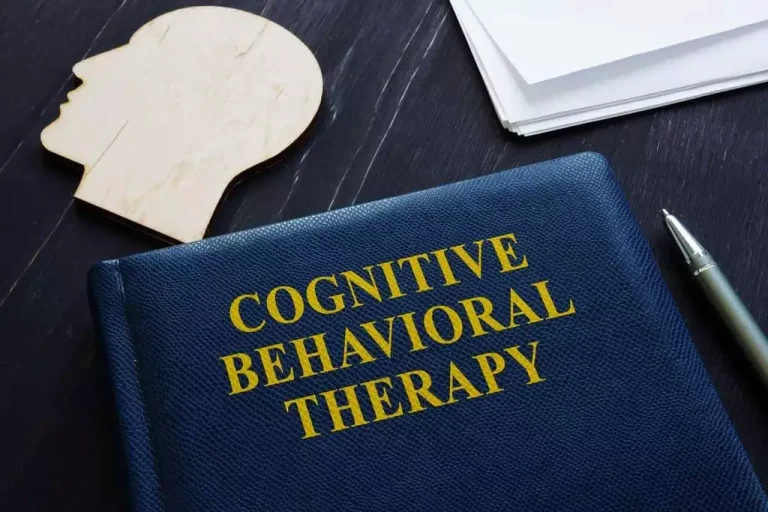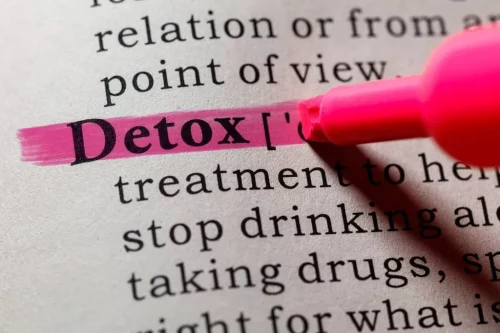
As a family-owned and operated https://ecosoberhouse.com/ company, we demonstrate our values each day. We respect individual employees for their unique potential and hold ourselves accountable for helping them to achieve their goals. Enter your phone number below to receive a free and confidential call from a treatment provider.
Is There an Alcohol Addiction Gene?

Alcohol consumption and drinking have played a role in society for centuries. The genetic is alcoholism inherited connection to addiction comes through inherited levels of dopamine, a neurotransmitter made in your brain. Research shows that genetics have somewhere between a 40% and 60% influence on addiction. But does that mean your chance of addiction is essentially a coin flip if you have a family history of SUD? It’s a little more complicated than that, says addiction psychiatrist Akhil Anand, MD. “The heritability of alcohol use disorder…nd adoption studies.” Psychological Medicine, August 29, 2014.
Alcoholism’s Genetic Component
- The test is free, confidential, and no personal information is needed to receive the result.
- Research suggests that there is indeed a genetic component to alcoholism, which answers the question is alcoholism genetic.
- But substance abuse isn’t determined only by the genes you inherit from your parents.
- If your body reacts poorly to moderate amounts of alcohol, you’re less likely to develop AUD.
- According to the American Academy of Child & Adolescent Psychiatry, children of alcoholics are four times more likely than other children to become alcoholics.
- When a person drinks alcohol, several of the brain’s neurotransmitters, or chemical messengers that help to regulate mood and central nervous system functions, are affected.
There is a distinct link between substance abuse problems and mental health issues such as anxiety, bipolar disorder, and depression. Recognizing the genetic component, Resurgence Behavioral Health offers a holistic approach to alcoholism treatment. Combining evidence-based therapies, counseling, and support systems, the center addresses the full spectrum of an individual’s well-being.
- Alcoholism, clinically labeled as alcohol use disorder, tends to run in families.
- Recent successes in genetic studies of AUDs will definetely motivate researchers and lead to better therapeutic interventions for this complex disorder.
- Recognizing the genetic influence, the center combines evidence-based therapies, counseling, and support systems to address all aspects of an individual’s well-being.
Are You At Risk Of Becoming An Alcoholic?
The impact of genes on behavior like alcohol use or even sexual orientation has long been the subject of scientific debate. Researchers have identified an alcohol tolerance gene that makes a person more likely to abuse alcohol. A person who tolerates higher amounts of alcohol has a higher risk of AUD over time. That doesn’t mean you’ll absolutely develop AUD if you have a family member living with the condition. You may have a higher genetic predisposition, but the underlying causes of AUD are multifaceted and complex. Your genetics can influence how likely you are to develop AUD, but there’s currently no evidence of a specific gene that directly causes AUD once you start drinking.

Resurgence Behavioral Health emphasizes that while genetics contribute to alcoholism risk, environmental factors also play a significant role. Family attitudes towards drinking, exposure to alcohol during upbringing, and other external influences interact with genetic predispositions. There’s scientific research has unveiled that genetics do play a significant role in the predisposition to alcoholism.
- It believed that genetic, environmental, social, and behavioral factors all contribute to the onset of addiction and alcoholism.
- The world around you also can play a significant role in opening a door that leads to problematic substance use, notes Dr. Anand.
- Certain genetic variations, such as cytochrome enzymes in the liver, can also influence how quickly a person metabolizes drugs.
- Resurgence Behavioral Health acknowledges that genetics indeed play a significant role in the predisposition to alcoholism.
- By considering AD and abuse under single umbrella increased the number of diagnosed subjects, but this number was still not large enough to design powerful GWAS studies.
- They seem to lose fewer inhibitions and tolerate alcohol for longer before they pass out.

Like many other complex traits, alcoholism appears to be clinically and etiologicaly hetrogenous13. This implies that there might be several steps and intermediate conditions in the development of AUD. Commonly, genome wide association studies (GWAS) of alcoholism have focused on phenotypes based on the Diagnostic & Statistical Manual of Mental Disorders (DSM)14. In the 4th edition of the DSM (DSM-IV), alcohol dependence (AD) and abuse were considered as mutually exclusive diagnoses that together made up AUDs.

